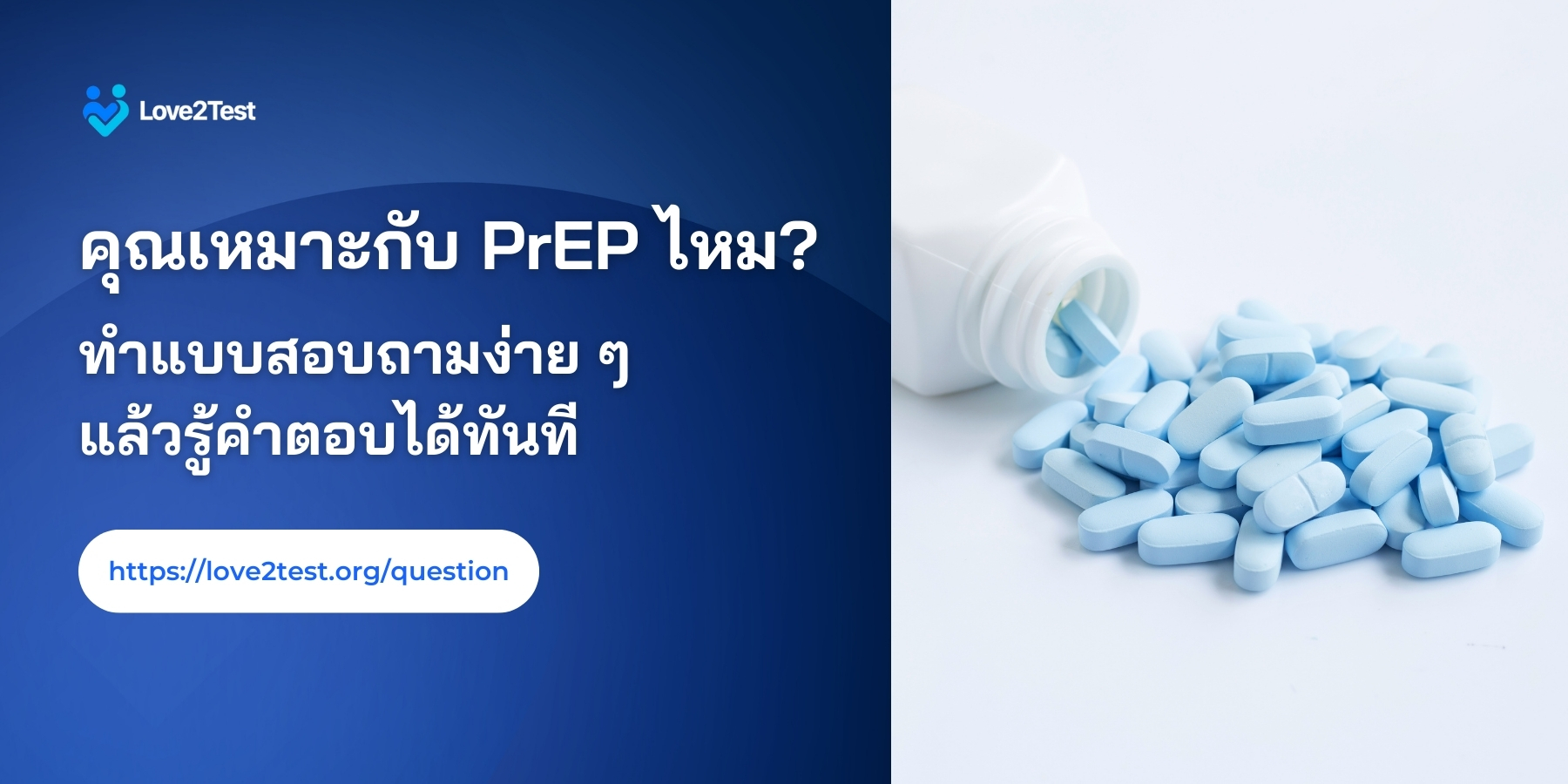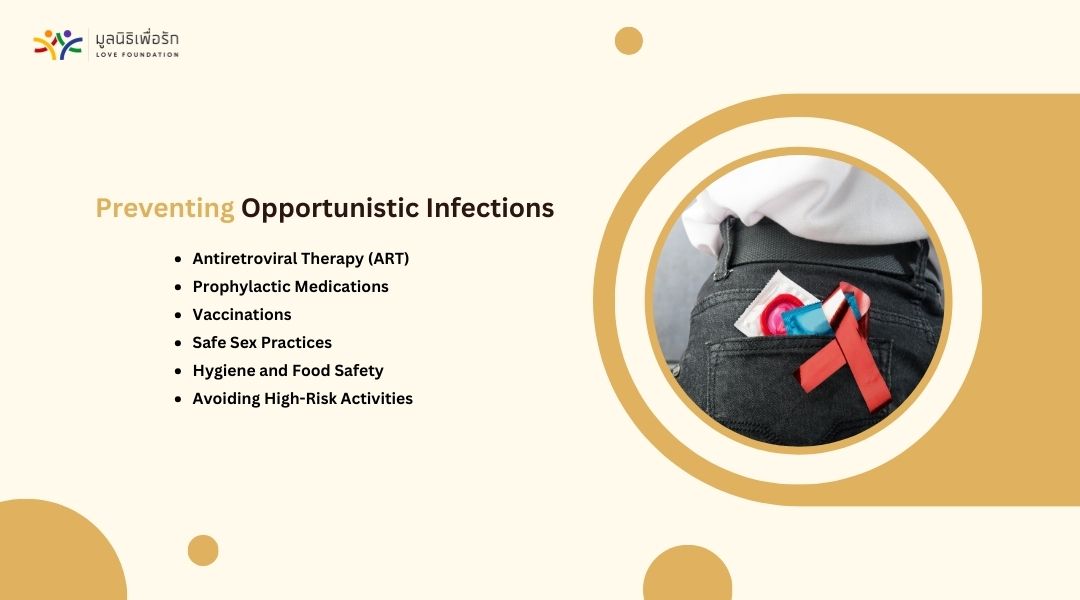Living with HIV can be challenging, and one of the most significant challenges for individuals with this virus is the heightened risk of opportunistic infections. Opportunistic infections are a range of infections that typically occur when a person’s immune system is compromised, as it often is in individuals living with HIV. In this comprehensive guide, we will explore the world of opportunistic infections in HIV, from understanding what they are and why they occur to prevention and treatment strategies.
What are Opportunistic Infections in HIV ?
Opportunistic infections are infections caused by microorganisms that usually do not harm a person with a healthy immune system but can be potentially lethal to individuals with weakened immune systems, such as those living with HIV. These infections can be bacterial, viral, fungal, or parasitic in nature. The term “opportunistic” implies that these pathogens take advantage of the opportunity provided by a compromised immune system to invade and multiply within the body.
Why Are People with HIV More Vulnerable ?

Individuals with HIV are more susceptible to opportunistic infections due to the virus’s attack on the immune system. HIV primarily targets CD4+ T cells, which play a central role in coordinating the body’s immune response. As HIV progressively reduces the number of these cells, the immune system becomes less effective at defending against pathogens. This compromised immune system makes the body vulnerable to infections that are typically controlled or eliminated by a healthy immune system.

Types of Opportunistic Infections in HIV
Opportunistic infections in HIV encompass a wide range of diseases. Some of the most common opportunistic infections include
- Pneumocystis Pneumonia (PCP) : This fungal infection of the lungs is one of the most prevalent opportunistic infections in people with HIV.
- Candidiasis : A fungal infection caused by Candida, which can affect the mouth, throat, esophagus, and genital area.
- Tuberculosis (TB) : Mycobacterium tuberculosis, the bacterium that causes TB, can become active in people with HIV and cause severe illness.
- Cytomegalovirus (CMV) Infection : This viral infection can affect various organs and may lead to blindness in advanced cases.
- Cryptococcal Meningitis : A fungal infection that primarily affects the brain and the membranes covering the brain and spinal cord.
- Toxoplasmosis : Caused by a parasite called Toxoplasma gondii, this infection can affect the brain and other organs.
- Mycobacterium Avium Complex (MAC) : This bacterial infection can cause persistent fever, weight loss, anemia, and more.
These are just a few examples, and many other opportunistic infections can occur in HIV-positive individuals, depending on the stage of the disease and the patient’s immune status.
Preventing Opportunistic Infections

Preventing opportunistic infections is a critical aspect of managing HIV. Here are some strategies to reduce the risk of these infections
- Antiretroviral Therapy (ART) : Initiating and adhering to ART is the most effective way to maintain a functional immune system. ART reduces the viral load, allowing the immune system to recover.
- Prophylactic Medications : In some cases, healthcare providers may prescribe prophylactic medications to prevent specific opportunistic infections. For instance, prophylactic antibiotics may be given to prevent PCP.
- Vaccinations : Keeping up to date with vaccinations is crucial for people living with HIV. Some vaccines, such as the flu vaccine and hepatitis B vaccine, are particularly important.
- Safe Sex Practices : Practicing safe sex, including consistent Condom use, can reduce the risk of sexually transmitted infections that can further weaken the immune system.
- Hygiene and Food Safety : Good hygiene practices and safe food handling can reduce the risk of infections caused by bacteria and parasites.
- Avoiding High-Risk Activities : Individuals with HIV should avoid high-risk activities such as intravenous drug use, which can lead to infections like endocarditis.
Treating Opportunistic Infections
Treating opportunistic infections is vital for the well-being of individuals with HIV. The specific treatment depends on the type of infection but may include
- Antifungal Medications : For fungal infections like PCP and candidiasis, antifungal drugs are typically prescribed.
- Antibiotics : Bacterial infections like TB or MAC are treated with antibiotics.
- Antiviral Medications : Infections like CMV or HSV may require antiviral medications.
- Parasitic Infection Treatment : Parasitic infections, such as toxoplasmosis, require specific anti-parasitic medications.
- Supportive Care : In some cases, supportive care, including hospitalization and intravenous fluids, may be necessary to manage severe infections.
- Preventive Therapy : After successfully treating an opportunistic infection, some individuals may require ongoing preventive therapy to avoid recurrence.
Opportunistic infections in HIV remain a significant concern for those living with the virus. Understanding the types of infections that can occur, why people with HIV are more vulnerable, and the preventive and treatment strategies available is crucial for managing this condition. With advancements in medical care, particularly in the form of antiretroviral therapy, the prognosis for individuals living with HIV has significantly improved. By taking the necessary precautions, adhering to medical advice, and maintaining a healthy lifestyle, individuals with HIV can reduce their susceptibility to opportunistic infections and lead healthier, fulfilling lives.


